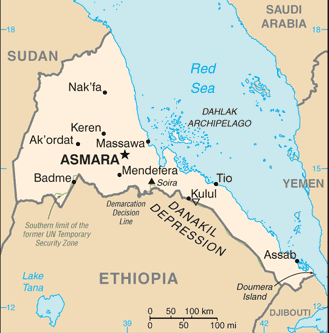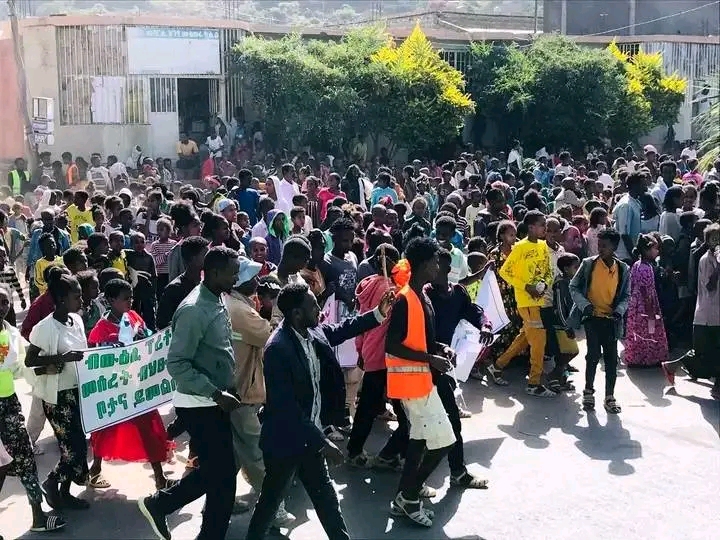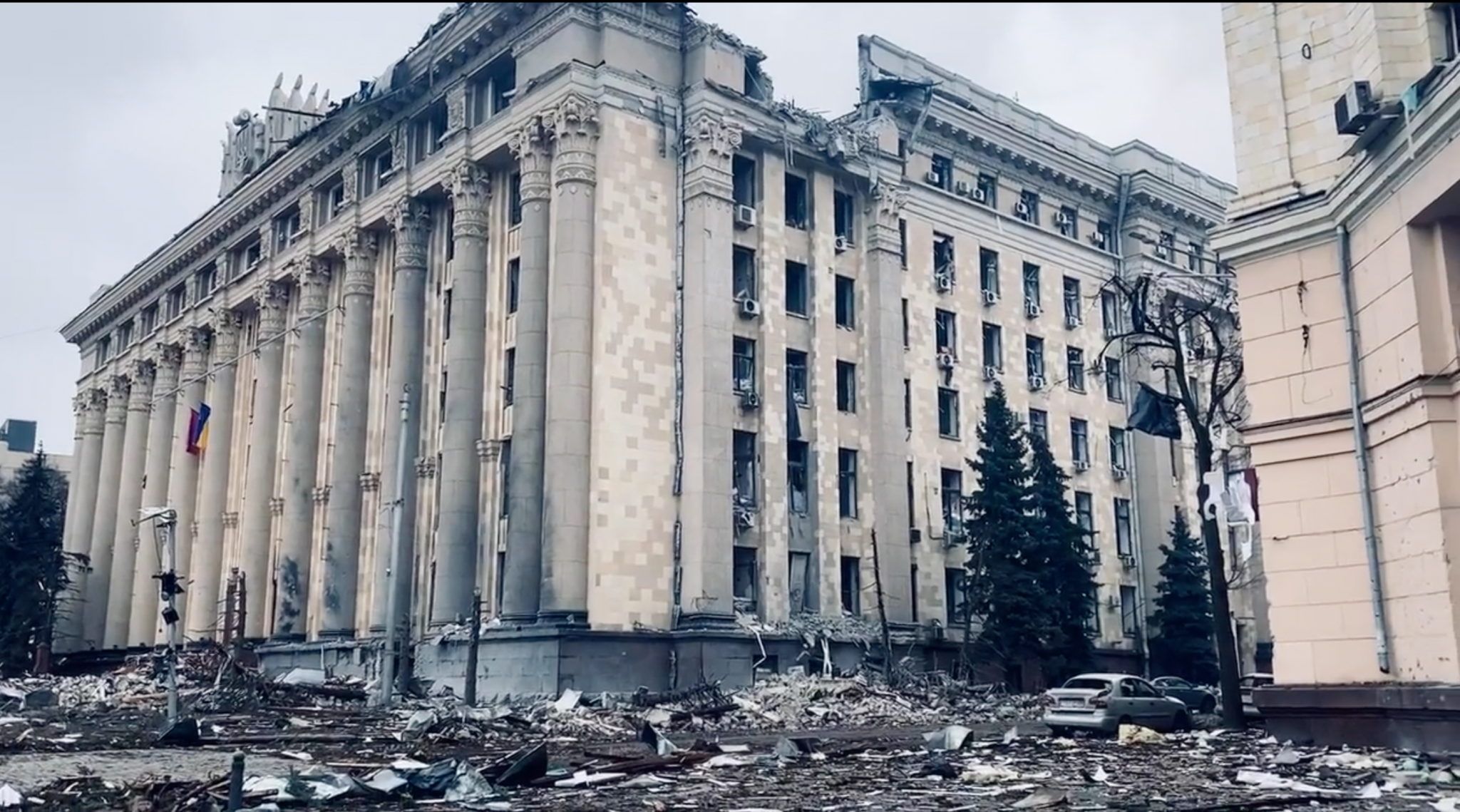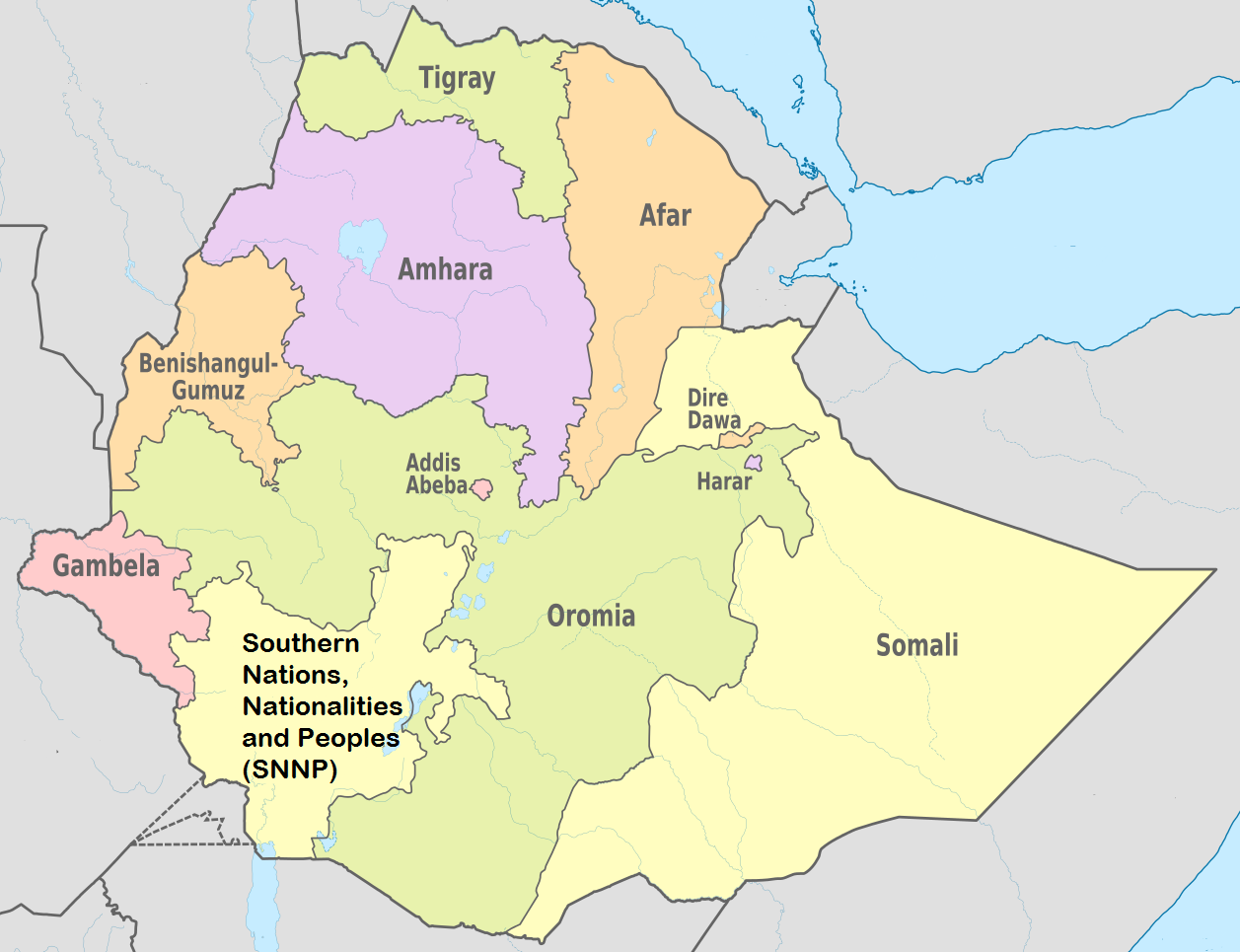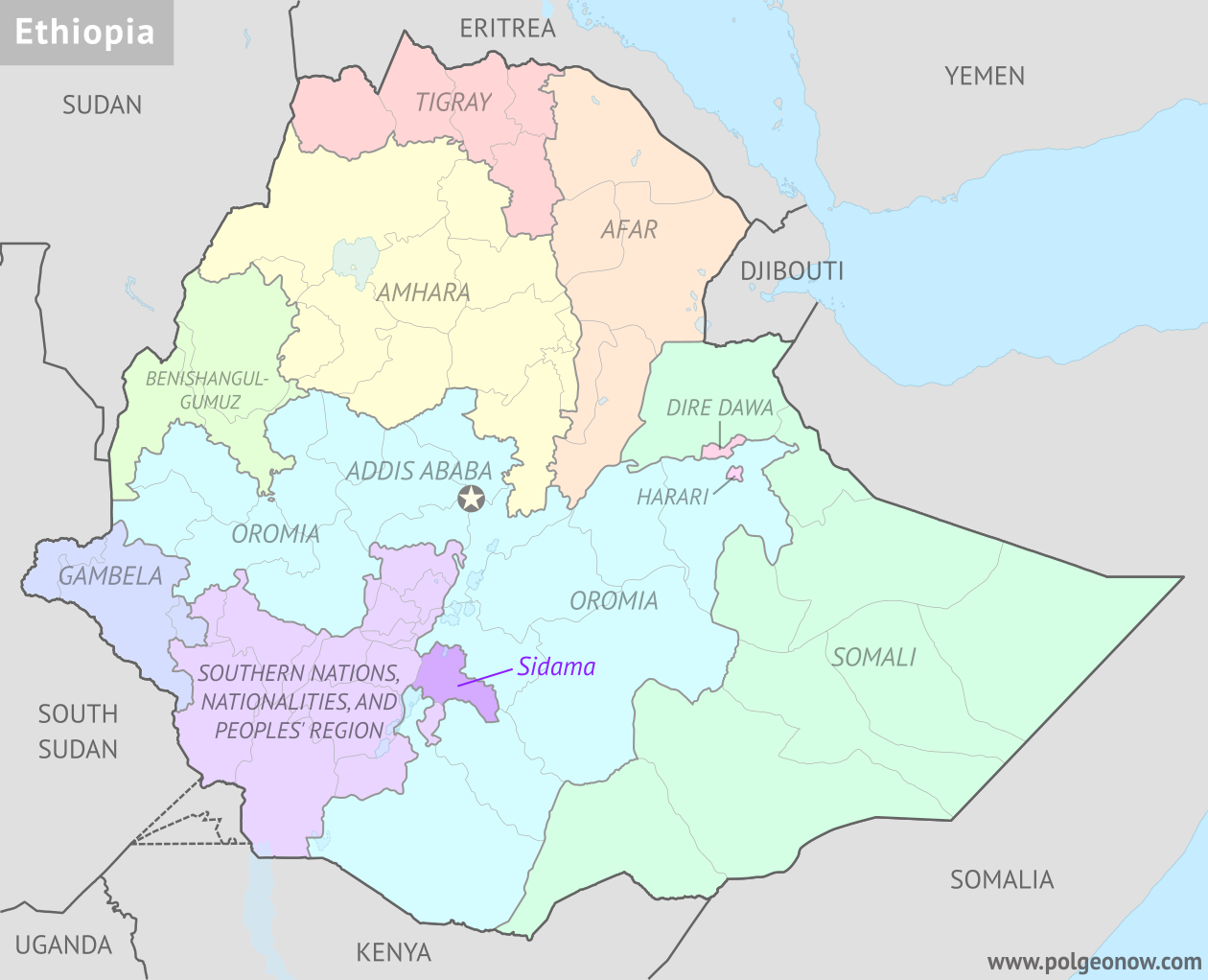
Ethiopian forces committed genocide in Tigray: report
There is “credible” evidence that Ethiopian forces committed genocide during the two-year war in northern Tigray region, a new report has concluded. Ethiopia’s National Defense Force and its allies—the paramilitary Amhara Special Forces and the Eritrean Defense Forces—are accused of committing “at least four acts” constituting genocide against Tigrayans, including: killing, causing serious bodily or mental harm, deliberately inflicting conditions of life calculated to bring about their destruction, and imposing measures intended to prevent childbirth. The report by the US-based New Lines Institute called for Ethiopia to be referred to the UN’s top court, the International Court of Justice. (Map: Political Geography Now)



